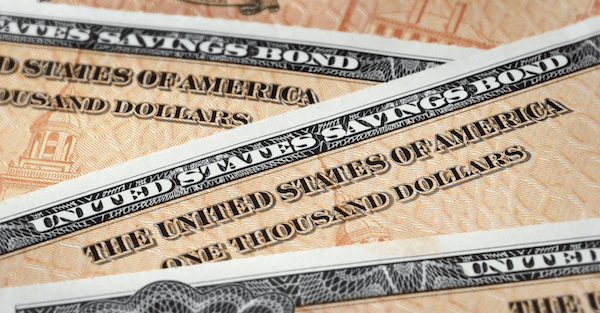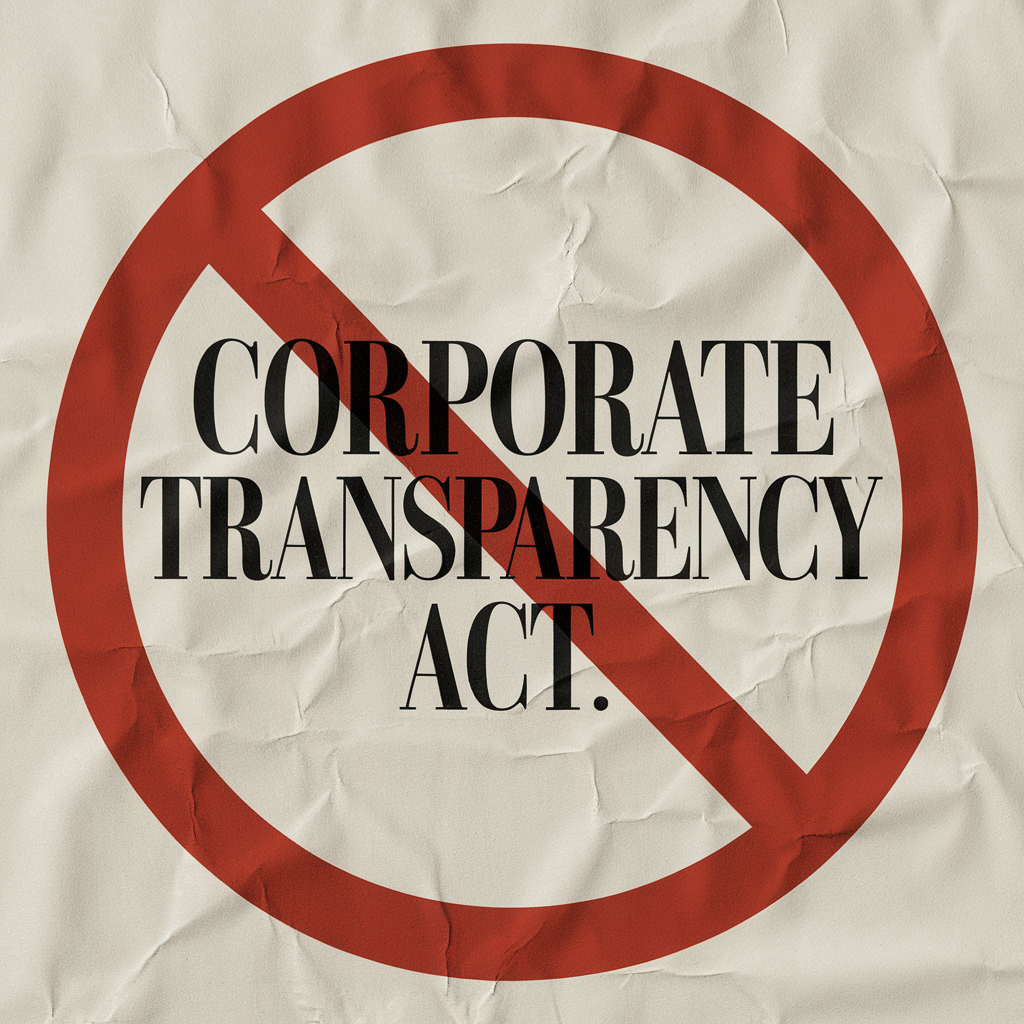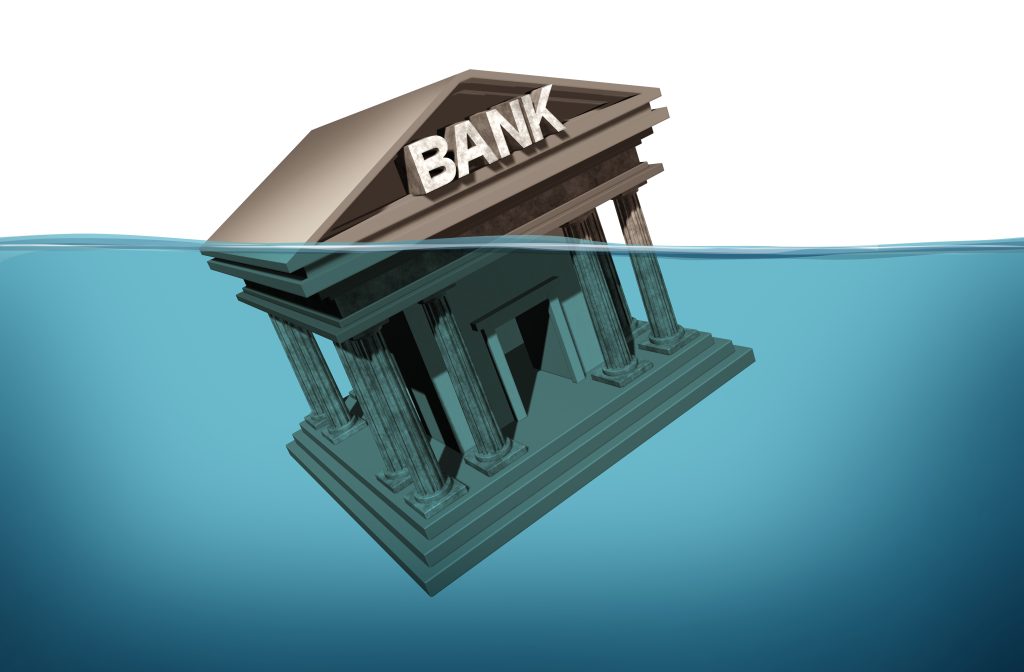The banking scandals are all starting to blur together.
When I heard that five big banks were fined by regulators today, I had to think…
Was that the scandal over employees creating fake accounts? No. Was it the scandal over recommending investments “highly likely to lose value”? No, not that one either.
Today’s fine didn’t stem from when banks scammed customers into buying auto insurance they didn’t need, illegally repossessed vehicles, accidentally foreclosed on homes, colluded to defraud investors, or rigged interest rates.
This time the banks colluded to rig foreign exchange rates. They even informed competitors on their own clients’ transactions, and coordinated to sit out certain auctions to manipulate the rates.
The most persistent myth in the world has got to be that banks are a safe place to keep your money. If they aren’t outright screwing you, they are risking your money on terrible investments, and not giving you any of the return.
And the organizations meant to ride to the rescue– the FDIC, the Federal Reserve, and the US government– are all practically bankrupt.
You still need to keep cash somewhere though, especially today when essentially all asset classes are at all time highs.
But large US banks are NOT the place to keep all your cash. They don’t even give you a tenth of a percent in interest for the pleasure of being treated like a doormat.
That’s why I circumvent the banking system and hold a good chunk of my cash right now in US government Treasury Bills.
Now, before you call the authorities to report that someone has kidnapped Simon Black and replaced him with a US Treasury Department bureaucrat, let me explain.
I would NEVER put my money into long-term bonds in a massively indebted country like the US. People who buy 30 year US government bonds are insane. It’s hard to imagine what the country is going to look like next YEAR, let alone 30 years from now.
But the shortest duration bonds (technically known as ‘bills’) are just 28 days.
And however you feel about the US government, or even Donald Trump, it’s a pretty safe bet that they’re not going to default in the next four weeks.
While other people risk their money buying stocks at record high prices, or hold their money in a risky bank for a 0.02% interest rate, 28-day T-bills pay an annualized return of 2.4%.
The best way to buy 28-day T-Bills is to open an account at Treasury Direct, which you can do here.
All you’ll need is a US Social Security Number and a US bank account. It’s a remarkably simple process.
The government sells 28-day T-bills once a week. So when you want to purchase, you just log in, click a few buttons to indicate how much you want to buy, and the Treasury Department will automatically debit the money directly from your bank account to buy the T-bill.
You can also choose to automatically roll over four weeks later into a new T-bill. Or you can choose to have the proceeds deposited directly into your bank account.
One very easy way to do it is to split your savings into fourths; so let’s say you want to park $400,000 into 28-day T-bills.
You’d buy $100,000 worth on January 1st, then another $100,000 on January 8th, then another $100,000 on January 15th, and another $100,000 on January 21st.
Then, the following week, on January 28th, the original $100,000 T-bill that you purchased on January 1st will mature, and you could roll that over for another 28-days.
Or if you find you need the money, you could choose to redirect the funds back to your bank account.
This is an easy approach that could literally earn you 100x more interest than what your bank is paying you, without the hassle.
It’s pretty pathetic that the Treasury Department is an easier financial partner to deal with than the banking system, but at least for now, that’s the reality.








